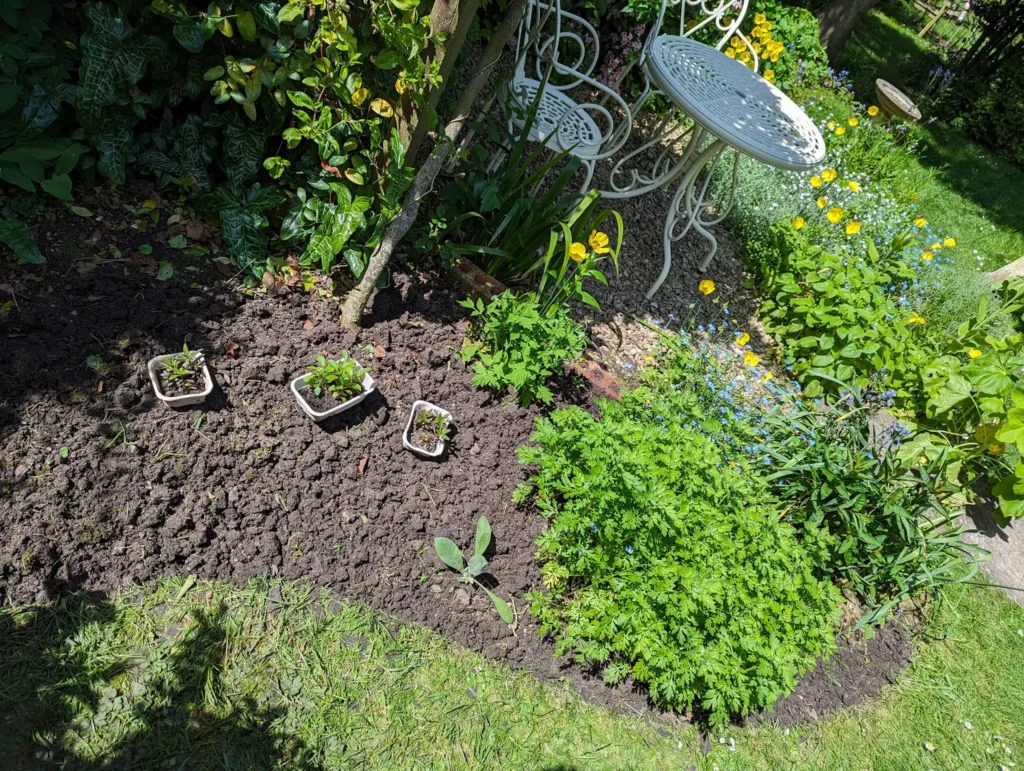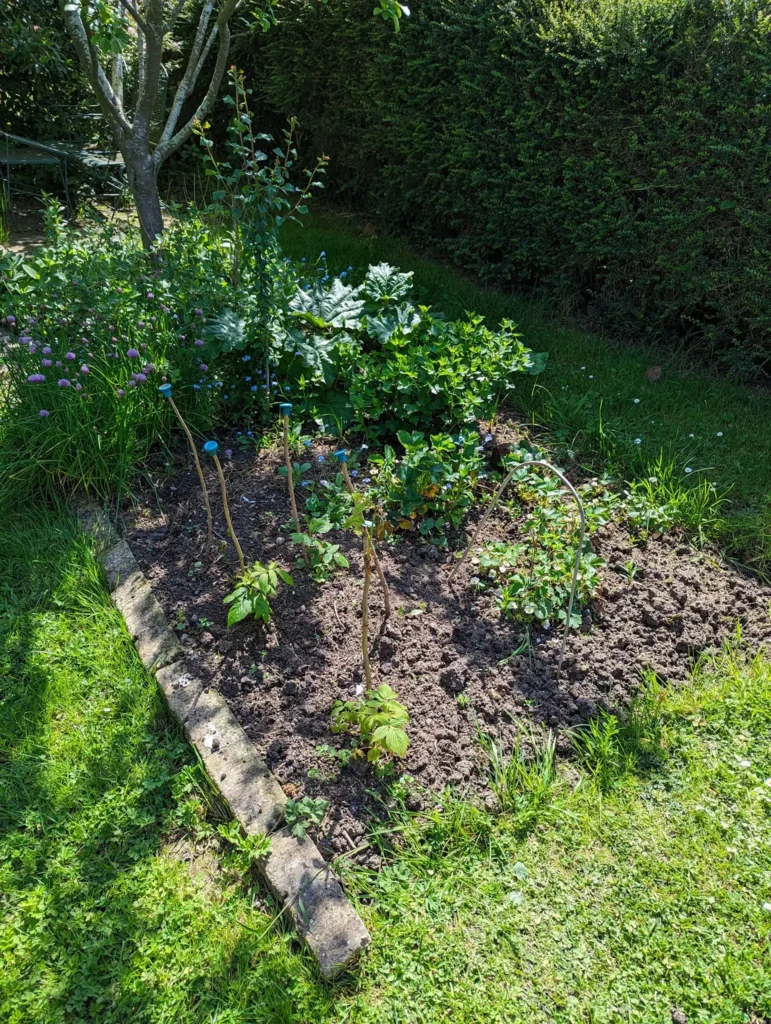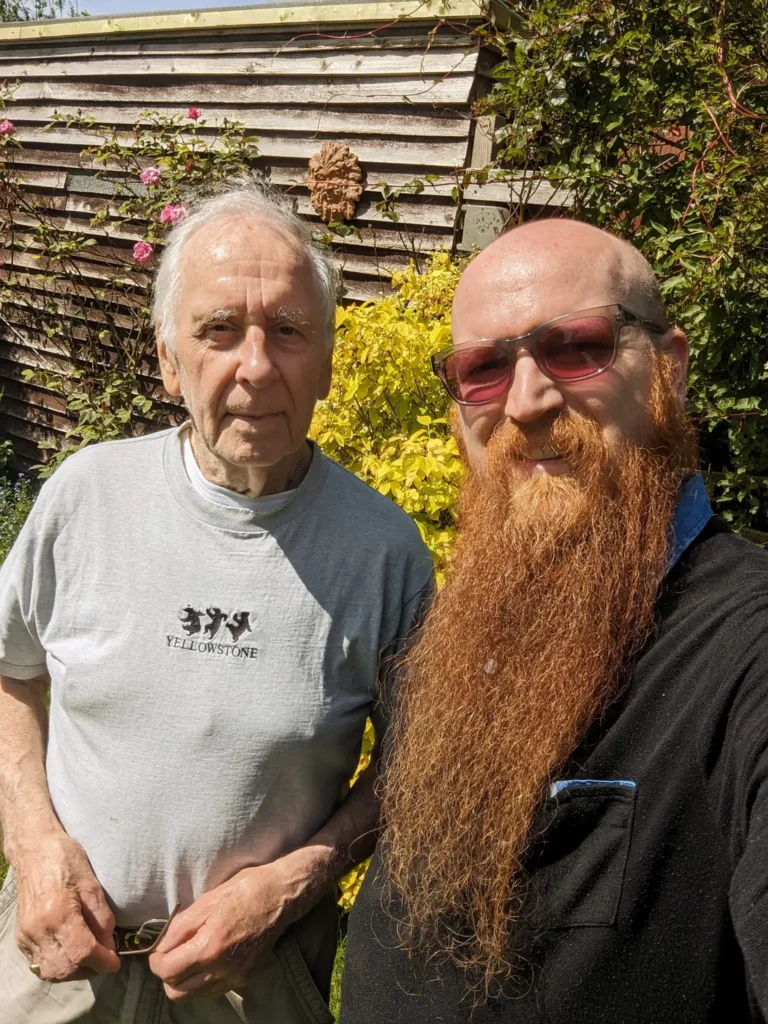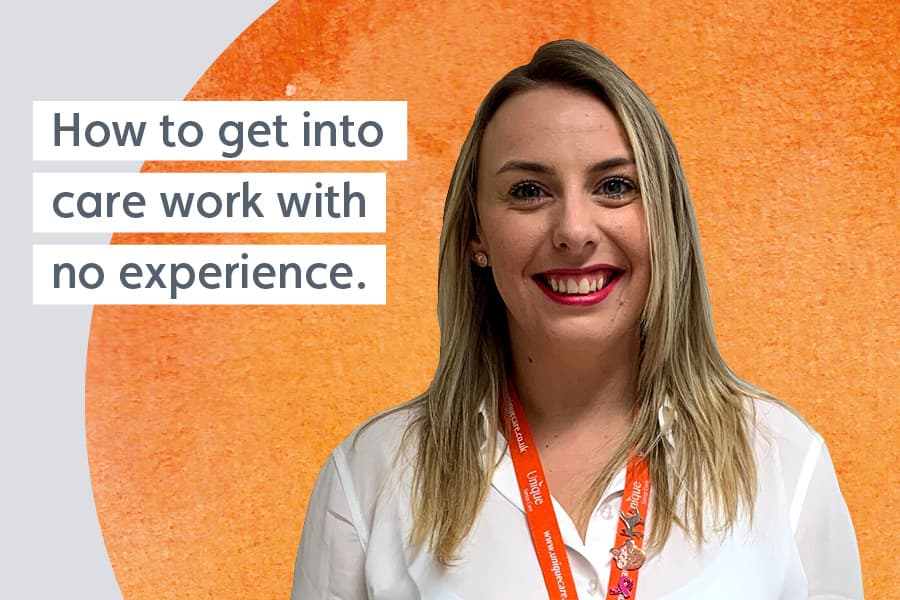Planning for care is something most of us don’t like to think about until we have to, but it’s actually a really important thing to consider sooner rather than later. It might seem like something for the distant future, but getting a plan in place early can make all the difference when the time comes. A bit of forward-thinking can mean less stress and more comfort for everyone involved.
Take Philip, for example. He’s been living with vascular dementia and, although he doesn’t need full-time care just yet, he decided to bring his Caregiver, Chris, into his life early on. Aside from practical help, Chris offers Philip peace of mind and companionship. Philip’s story is a great reminder that planning for care isn’t just about preparing for the worst—it’s about making sure you have the support you need to live well now and in the future.
Philip’s Story
Philip found out he had vascular dementia about two years ago. Instead of waiting until things got tough, he decided to take action early on. He got some great advice to “get a Caregiver who can understand your situation,” and he took it to heart. It’s all about having someone who not only knows the technical aspects of care but can also foresee what’s coming and help out with the day-to-day.
That’s where Chris, the Field Care Supervisor from our Warwickshire branch, comes into the picture. Chris isn’t just a carer; he’s become a good friend to Philip. They’ve built a solid friendship over time, whether they’re out in the garden or getting muddy on walks. Chris isn’t just there to tick off care tasks; he keeps Philip company and gives his wife a well-needed break. It’s been a real relief for Philip, knowing he’s got someone he can trust and rely on, making everything feel a bit easier and less lonely.




The Benefits of Early Care Planning
When it comes to planning for care, there are lots of emotional and practical benefits. As Philip put it, there’s an “element of relief” knowing that help is already in place. It’s comforting for him to have Chris around, not just for the practical stuff, but also for the reassurance it brings. There’s a real sense of not being alone in all this, which makes a huge difference.
And it’s not just Philip who benefits. This setup gives his wife some well-deserved time off, too. With Chris stepping in, she gets a break to do whatever she wants, whether it’s catching up with friends, running errands, or just having some quiet time to herself. It’s a win-win situation, helping both Philip and his wife feel more supported and less overwhelmed.
Early care planning has plenty of other perks, too. It means you can tailor the care to fit exactly what you need and want, making sure it suits your lifestyle and preferences. Starting early also gives you time to really get to know your Caregivers, which helps build a strong bond and better understanding over time. That kind of relationship can be really comforting, especially as things change.
Another big plus is that it takes a lot of the stress out of unexpected situations. If something comes up, having a plan already in place means you’re not scrambling to make decisions. Everyone knows what’s supposed to happen, which makes things a lot smoother. Plus, it opens up the chance for honest conversations about what everyone wants and expects, which can help avoid any misunderstandings later on.
All in all, early care planning goes beyond just being prepared for the future. It’s about making life easier and more enjoyable right now. Whether it’s the peace of mind, the practical support, or just knowing you’ve got a plan, it all adds up to a better experience for everyone involved.
Building Trust and Understanding
When it comes to care, trust is everything. Aside from having someone around to help out, it’s important to feel comfortable and safe with that person. As Philip mentioned, trusting another man with his condition was a big deal. Letting someone into your life, especially when they’re there to support you through the ups and downs, isn’t easy.
Our clients come from all walks of life, each bringing their own unique stories and experiences. Whether it’s different backgrounds, interests, or personal needs, everyone deserves a Caregiver who gets them. It’s not just about finding someone with the right skills, but also some who clicks with you. Philip, for example, was able to choose Chris because he felt a connection and knew he could trust him.
Building trust and understanding goes beyond just carrying out daily tasks. It’s about seeing the person behind the needs. For some, like Philip, shared activities such as gardening or taking walks can make all the difference. It’s these little things that help keep a sense of normalcy and independence. For others, it might be having someone to chat with about old hobbies or simply having a reassuring presence around.
Preparing for the Future


Facing a condition like vascular dementia means being aware of what’s likely to come. Philip has a clear understanding of the journey ahead, knowing that his needs will evolve over time. While he’s currently managing well, he recognises that there may come a time when more intensive personal care and support will be necessary. It’s not an easy thing to think about, but planning for these potential changes can make all the difference.
Choosing the right Caregiver isn’t just about immediate needs; it’s about finding someone who can grow with you through the journey. Philip chose Chris not only for the present but for the future, too. He wanted someone who could handle whatever challenges might arise, whether it’s more hands-on personal care or simply providing a steady, supportive presence as things change. Chris’s ability to foresee and prepare for these potential challenges made him the ideal choice for Philip.
Having a Caregiver who can anticipate future needs brings a lot of comfort. It means that both the person receiving care and their loved ones can feel more secure about the road ahead. This forward-thinking approach helps ensure that care remains consistent and responsive, adapting as needed to provide the best possible support.
The Role of Family and Loved Ones
Family plays a massive role when it comes to the care journey, and it’s important to recognise that it’s not just the person receiving care who needs support. Take Philip’s wife, for example. She’s been there for him every step of the way, but it’s important she is able to a break sometimes. Supporting each other is crucial, and having a Caregiver like Chris around means she can take some time for herself, knowing Philip’s in good hands.
Beyond physical care, it’s about emotional support too. Open conversations are key. It’s important for families to sit down and talk about care planning together. It might feel a bit awkward at first, but being upfront about everyone’s needs and expectations can make a big difference. This way, everyone feels heard and involved in the decision-making process.
When discussing care, it’s helpful to cover all the bases—like what kind of support might be needed now and in the future, and who’s comfortable doing what. This can help prevent misunderstandings and ensure that everyone’s on the same page. It also helps to plan for regular check-ins to see how things are going and adjust the plan if needed.
In the end, having these open, honest conversations can strengthen family bonds and make the care journey a bit smoother. It’s all about being there for each other, sharing the load, and making sure everyone feels supported and valued.
Taking the First Steps
Navigating the journey of care can feel overwhelming, but as we’ve seen through Philip’s story, early planning can make all the difference. From providing peace of mind and a sense of relief to building a trusting relationship with a Caregiver like Chris, there are countless benefits to taking those first steps sooner rather than later. Preparing for future needs isn’t just practical—it’s a way to ensure that you and your loved ones are supported every step of the way.
Philip’s choice to get care in place early brought him comfort and reassurance. His words about the “element of relief” and the trust he feels highlight the positive impact of planning ahead.
If you have questions about how your care needs might progress or are considering taking the first tentative steps towards planning, we’re here to support you. It can be daunting to think about the future, but you don’t have to face it alone. Whether you’re just starting to explore your options or need advice on where to begin, please get in touch with our friendly team.
Chloe joined us in early 2024 as our content manager. Having earned a first-class degree in digital marketing and spending more than six years in public relations, she’s well-placed to shape informative content and heartfelt stories that help inform our clients and connect them with the care they need.
Having worked across a multitude of different industries before care, Chloe’s passion lies in the meaningfulness of her work – from creating content that guides clients through their care journey to helping Caregivers find a rewarding new role.
At Unique, Chloe finds fulfilment in our supportive culture and the heart-warming stories from both clients and carers that highlight the impact of our services.


